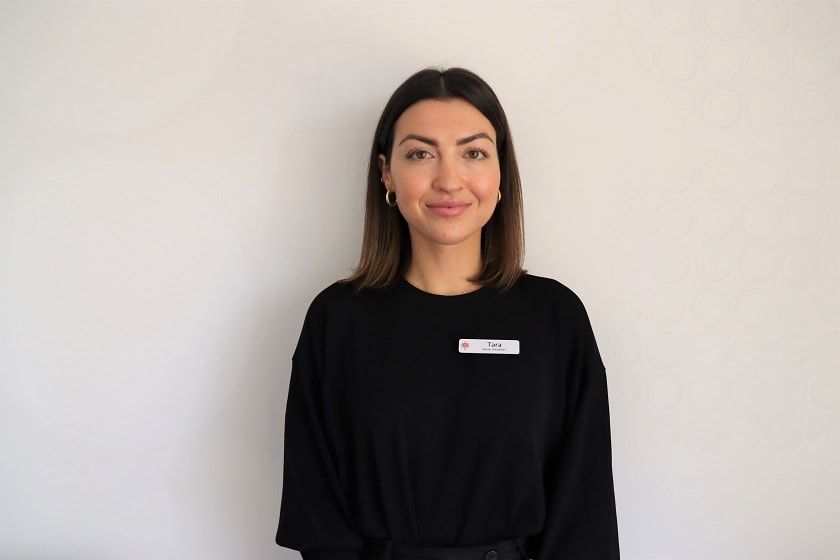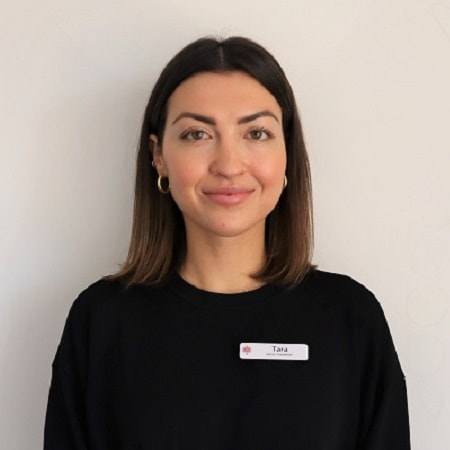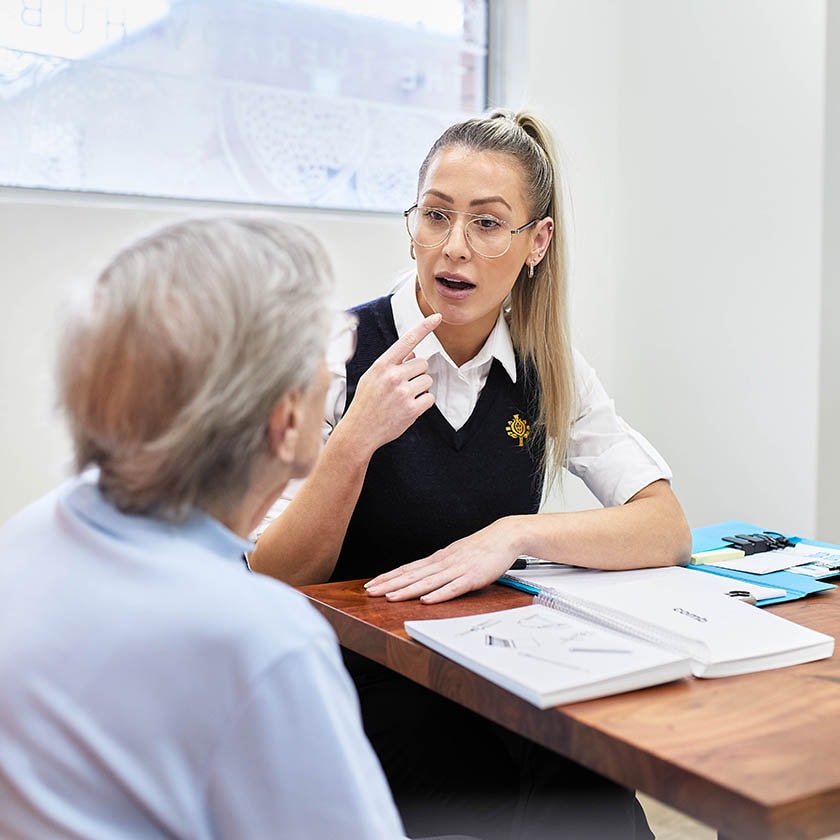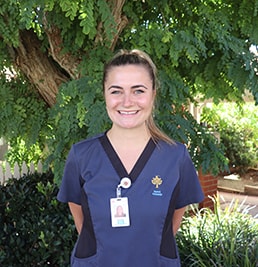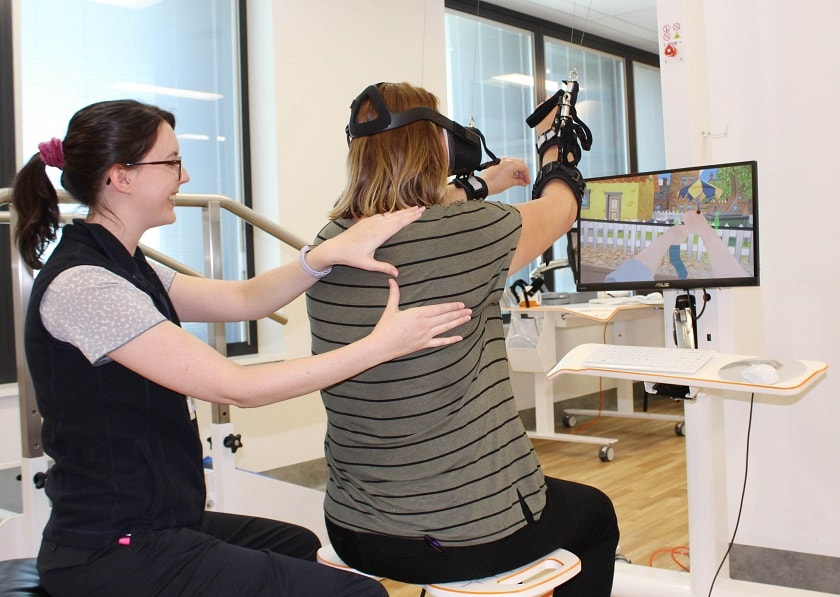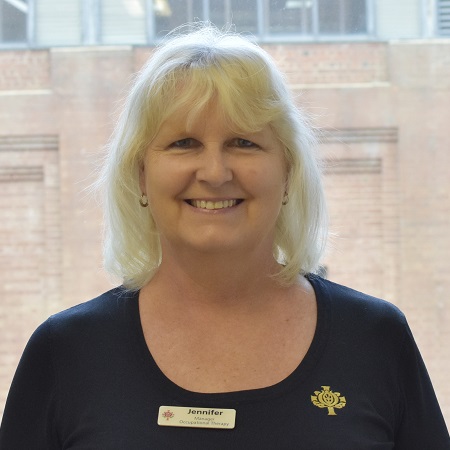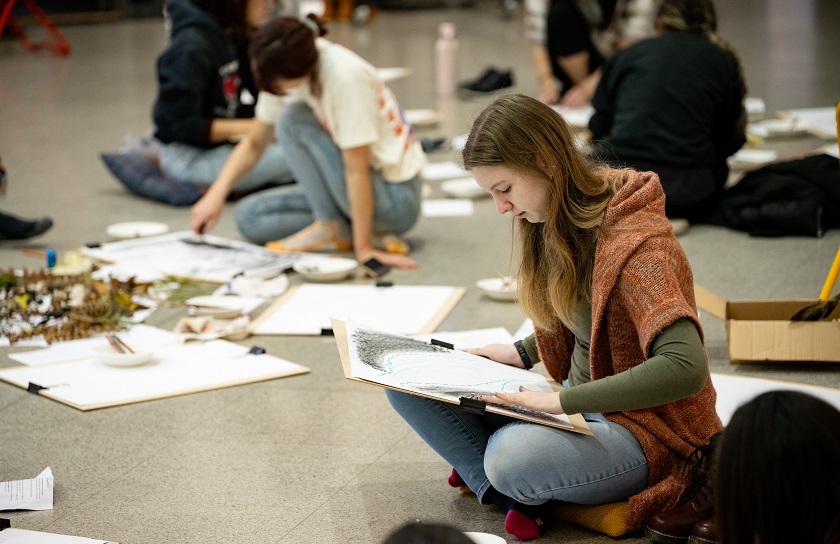Music has long been recognised for its therapeutic effects, but evidence shows that music therapy can have profound effects on overall health and wellbeing. While music therapy in Australia has only been recognised as an evidence-based allied health practice since the 1970’s, there are a breadth of studies that indicate music therapy has long been able to successfully support individuals in improving cognitive, affective, sensory, speech/language and motor dysfunctions. Music therapy also works as an effective psychosocial treatment.
In a hospital setting, where patients have little agency over treatment options, music therapy is an effective treatment modality that can be used to augment their personal journey towards recovery and health goals.
Using patient-preferred music can motivate patients to work towards their goals with a new ‘lens’, so to speak, embedding the work in a more engaging format. Engaging in music, even the simple act of listening, recruits multiple parts of the brain to respond to perceptions of sounds, rhythms, and lyrics. It is for this reason that music can positively impact functioning and wellbeing.
Benefits
Music therapy is highly sought after for a variety of reasons including
- improved cognition; focus, memory, orientation to time/place, organising and planning
- symptom management for patients experiencing pain, anxiety, depression or dementia
- enhance quality of life, communication and healthy coping skills
- comfort care for end of life (patients and their loved ones)
- speech and language rehabilitation
- improved motor functioning (fine and gross motor skills).
Some of the music therapy interventions used to achieve non-music goals include therapeutic singing, therapeutic song-writing, instrument playing, and listening. Some of these interventions can be used in conjunction with other allied health clinicians, such as physiotherapists and speech therapists.
Music therapy at St John of God Murdoch Hospital
Nearing on one year of service at St John of God Murdoch Hospital, music therapy has been extremely well-received by patients, families and caregivers alike.
Currently available three days per week, music therapy services three wards; oncology, gerontology and one general medical ward. With limited days of service and an increasing number of referrals, we've created weekly group sessions on all three wards at Murdoch to capture any individual referrals that may be missed. These group sessions are extended to patients, visitors, as well as caregivers, where the goal is to provide opportunities for social interaction and a sense of togetherness.
The positive response that music therapy has received within the hospital means the future of music therapy at St John of God Murdoch is looking bright, with plans to expand the service to other wards to meet demand.

